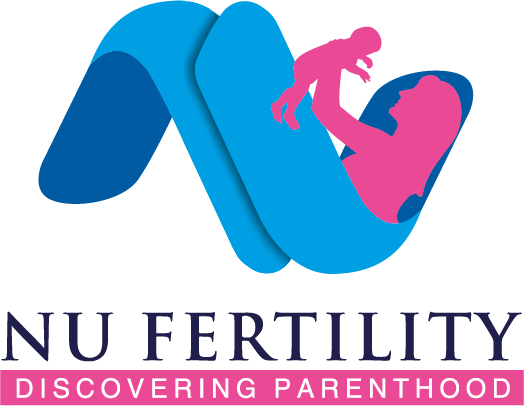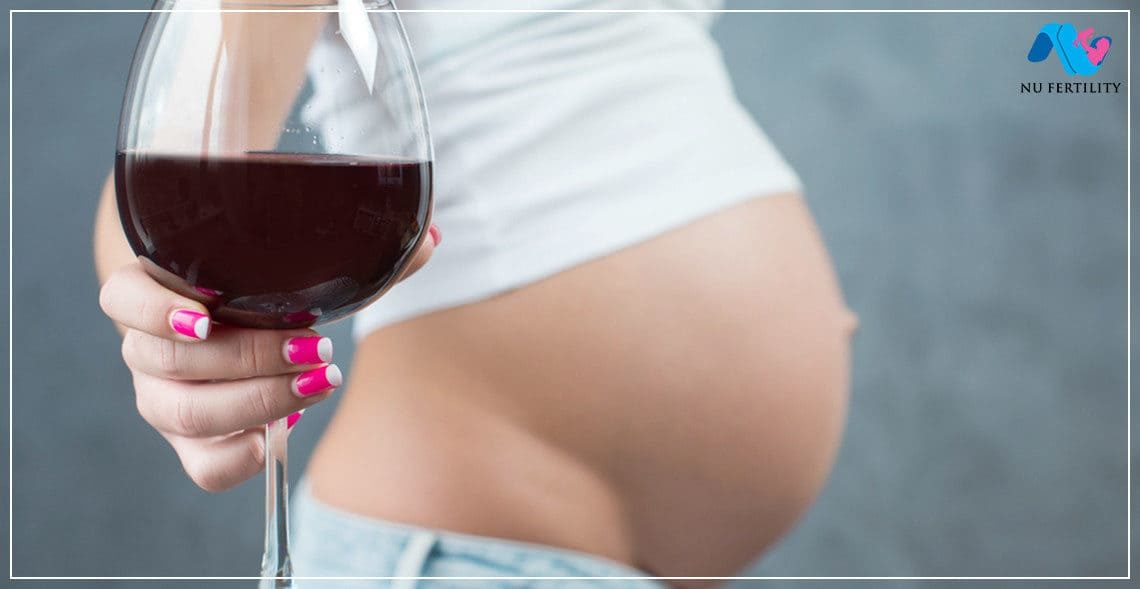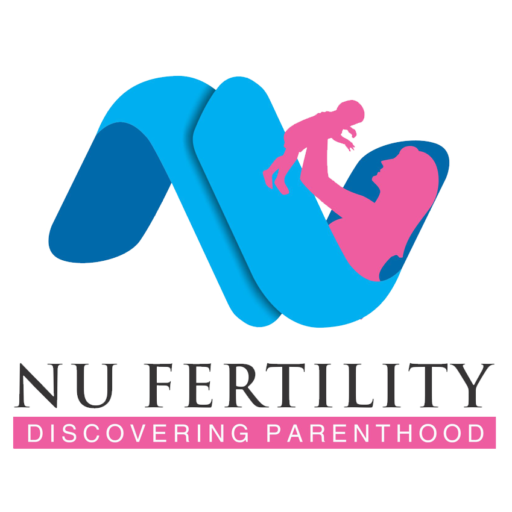Alcohol addiction can have a negative influence on both female and male fertility causing significant hurdles in their journey from infertility to fertility.The consumption level of alcohol is an important determinant of the extent of hazard it can cause. It is categorized as low (drinking less than once a week), moderate (drinking up to 2 days per) and heavy (drinking more than 2 days per week). Binge drinking which is consumption of four or more drinks on one occasion should not be done since it adversely impacts your fertility.
How Alcohol effect on female fertility?
Those with high alcohol addiction are more likely to have infertility issues than women who are not addicted to alcohol. The time to their pregnancy is increased by depleting the number of eggs in the ovary at a very high rate (reflected by a 26% lower AMH levels).
Moderate alcohol consumption in women has shown to cause menstrual disturbances in the form of irregular and painful periods.
Studies in mice have shown that both short term and long term exposure to alcohol delays egg transport and retards the early development of the embryo. The transport of sperms in the fallopian tubes is also shown to be decreased. This decreases spontaneous pregnancy rates and increases the chances of tubal pregnancy. Hence it is better to avoid alcohol consumption while trying to conceive.
The quality of the egg is compromised because:
- Alcohol depresses the release of hormones from the adrenal gland, Which are required for egg development.
- The activity of granulosa cells which provide nutrition to the developing egg is altered.
what are the Effects of Alcohol on male fertility?
Alcohol has a damaging effect on all aspects of male reproduction. It interferes with the release of the male sex hormone testosterone resulting in decreased libido, erectile dysfunction, and infertility. It also causes a decrease in the sperm count, motility and percentage of morphologically normal sperms in the semen. Men with heavy drinking are affected the most.
A study examining the impact of lifestyle factors on male fertility concluded that none of the heavy alcohol drinkers had normal semen parameters and the most common abnormality was low sperm count.
Effects of alcohol on fertility treatment
Acute alcohol consumption alters the estradiol levels in the body and interferes with the medications given to induce follicle growth and ovulation. Consuming 4 or more drinks per week have been proven to reduce the live birth rates in IVF cycle. It reduces the number of eggs retrieved, causes the failure of fertilization and decreases the implantation potential of the embryos.
There are numerous factors which affect IVF success, some are non-modifiable such as age, chromosomal abnormalities, genetic factors and some are modifiable such as alcoholism and smoking. Not much can be done about the non-modifiable risk factors. However, it is advisable to quit drinking alcohol at least 3-4 months prior to IVF.
Effects on alcohol in pregnancy
Alcohol intake during pregnancy affects the developing fetus because alcohol easily crosses the placenta. It increases the risk of miscarriage And causes fetal alcohol syndrome characterized by facial dysmorphism, abnormal brain development, decreased weight and length of the fetus.
To conclude, alcohol has a devastating effect on your fertility journey. It is best advisable to totally abstain from any form of alcohol intake while trying to get pregnant.



